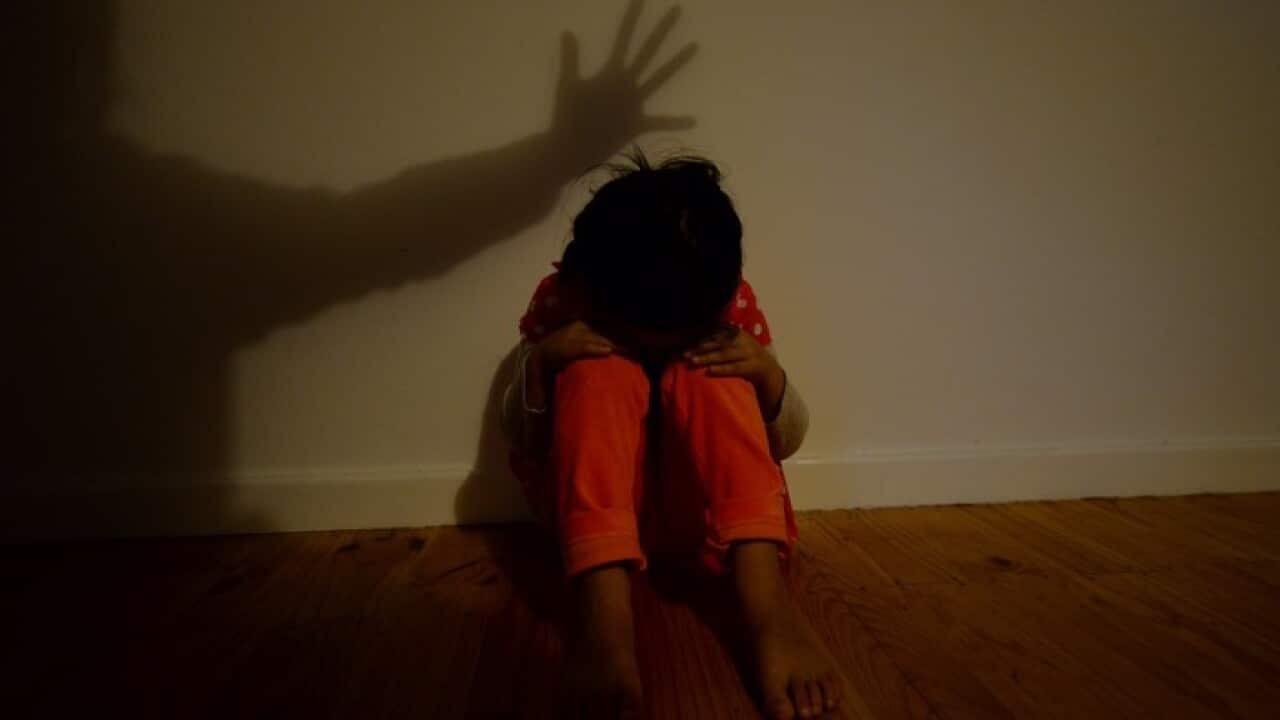Highlights
- Dating aged care worker si Jen Cabanlit habang nag-aaaral upang maging registered nurse sa Australya.
- Nagboluntaryo si Jen mag-alaga ng mga COVID-positive na matatanda mula sa aged care centre na nilipat sa ospital nila.
- Lagi niyang inaalala ang mga yumao niyang magulang para maipagpatuloy niya ang kanyang trabaho.
"I always think about what my mum used to say to me - that it was her dream [too] to be a nurse. I've always had a sensitive soul - I got that from her."
Ang kagustuhan niyang maging nars at ang kanyang pagiging sensitive soul ay nagdala sa kanya sa buhay na nakalaan sa pagtulong sa kapwa.
Aged care worker
"I've been a nurse since 2007; but I had to do a conversion course when I came in 2011, an initial registration for international nurses in Monash."
Habang nag-aaaral si Jen upang maging registered nurse sa Australya, pinagdesisyunan niyang magtrabaho sa isang aged care facility bilang personal care assistant upang kumita ng pera.

"It was challenging - I wasn't used to the environment and I didn't have the strongest interpersonal skills. I also had to make a huge adjustment because of the different cultures and languages of the residents in the centre. Communicating was challenging."
Kahit mahirap sa una, nagawa niyang magkaroon ng magandang relasyon sa mga residente.
"At that time, my parents were still alive. I was away from home and seeing the residents, I thought of them as I would my parents. It wasn't hard to care for them because I thought of how I want my own parents to be cared for."
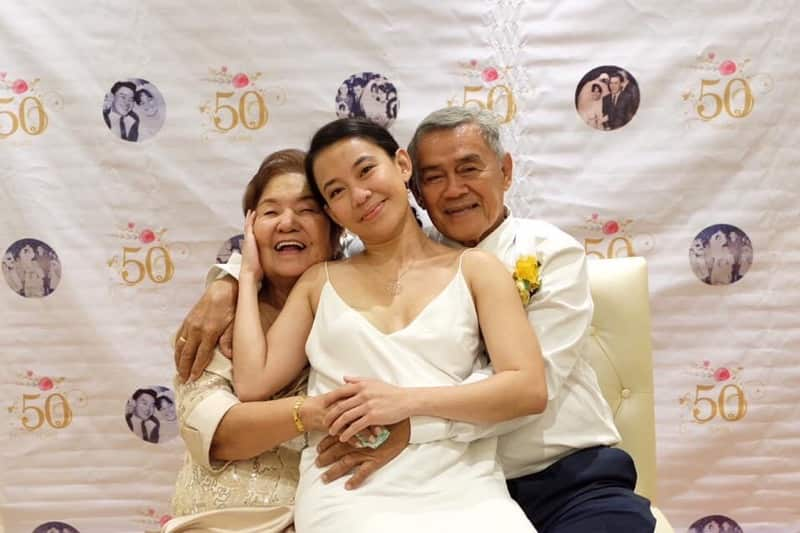
Nagpapasalamat din siya na naging malapit siya sa mga pamilya ng mga residente.
"I had a really close relationship with the daughter of a particular resident. She would always thank me for looking after her mum and she told me not to hesitate to contact her if there was anything that was needed. Being appreciated like that really mattered."
Ang desisyon
Nasa isipan ni Jen ang mga residente at ang kanilang mga pamilya ng mangyari ang pandemya. Sa panahong ito, orthopaedic nurse na si Jen sa sa isang private hospital sa Melbourne.
"I felt for them. I could understand families worrying about their loved ones' care."
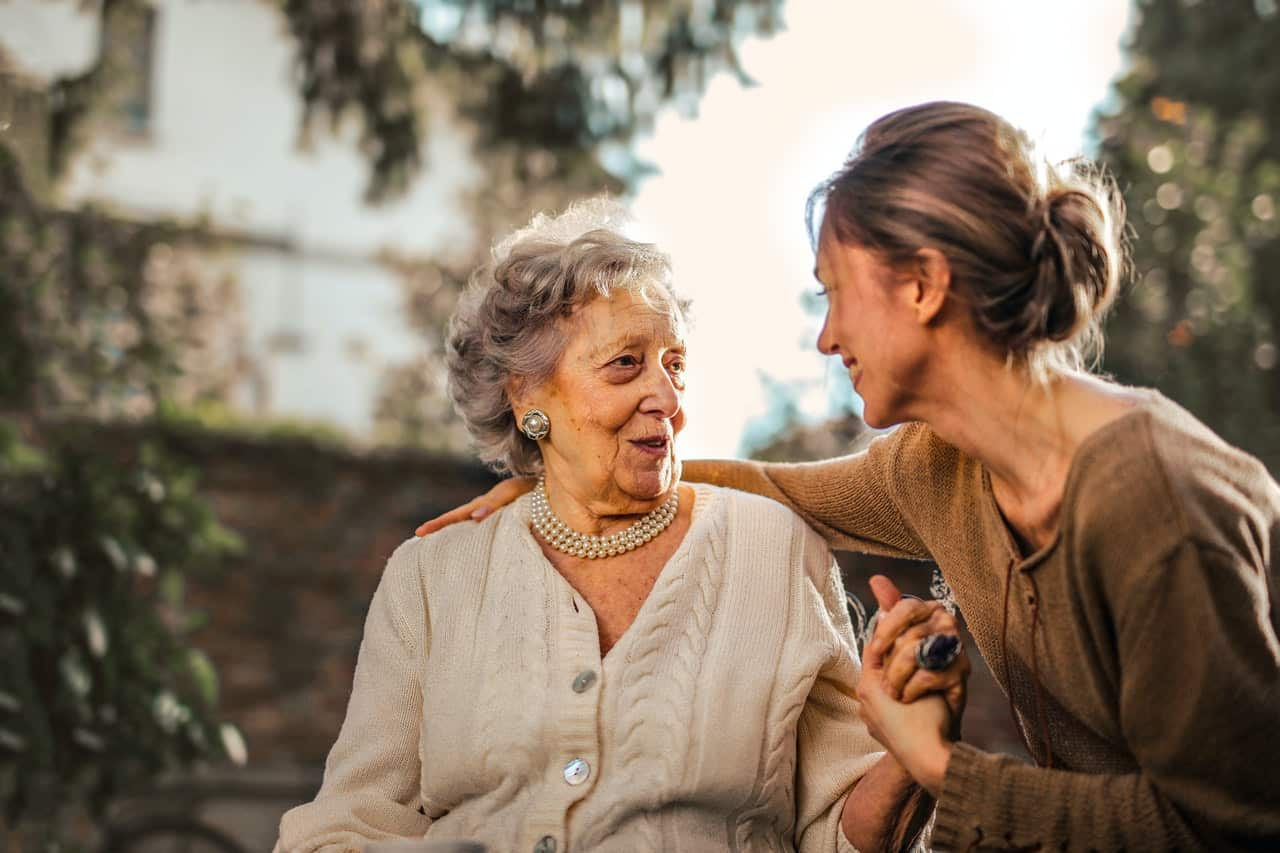
Noong lumalala ang sitwasyon sa COVID sa mga aged care centres, ang mga nag-positive at ang mga may sintomas ng virus ay nilipat sa iba't ibang ospital sa Melbourne.
"My manager would ask everyday if anyone would volunteer to work in the COVID ward of our hospital. It pushed me to reflect and make a decision on what I would do. It was hard because I was thinking of my family - my husband and in-laws who are elderly as well."
Pagkatapos komunsulta sa kanyang asawa at kapatid na nars din, pinagdesisyunan ni Jen na magtrabaho sa COVID ward.
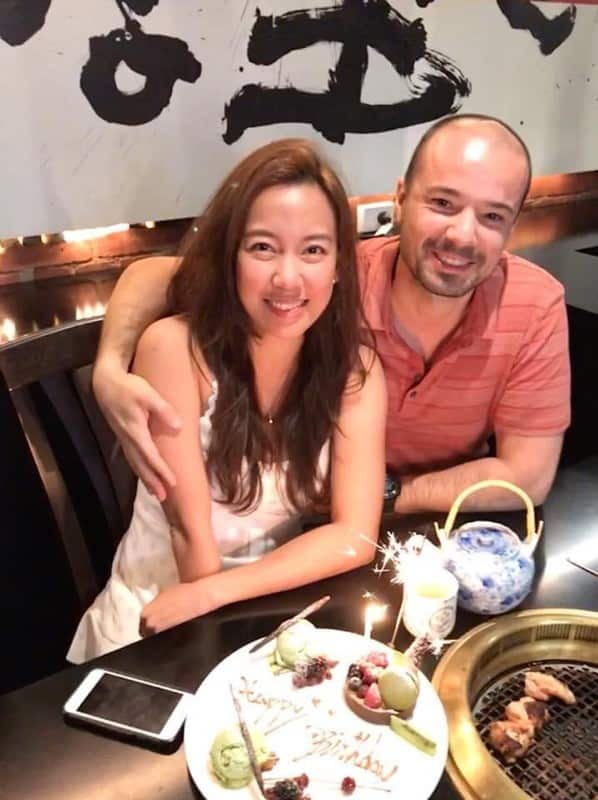
"My sister told me to remember my purpose as a nurse - to look after people. If no one volunteers, who will take care of them? At the moment, Victorian hospitals are so understaffed."
"Before agreeing, I reassured my husband I would keep safe. We are going to be properly geared up and I would take all the precautionary measures I needed to take," Jen shares, adding, "He's been so supportive. He cooks me dinner and makes me cakes to make me feel better. We go on walks and he lets me vent."
Ang COVID ward
Malaki ang pasasalamat ni Jen sa kanyang asawa, mas lalo na't maraming hamon ang pagtatrabaho sa COVID ward.
"We have to take our vitamins and keep hydrated throughout the day. When I first worked there, I would get headaches all the time because I had to use the PPE for 8 hours. Movements are constricted and you can't go to the toilet to pee because you couldn't just remove everything."
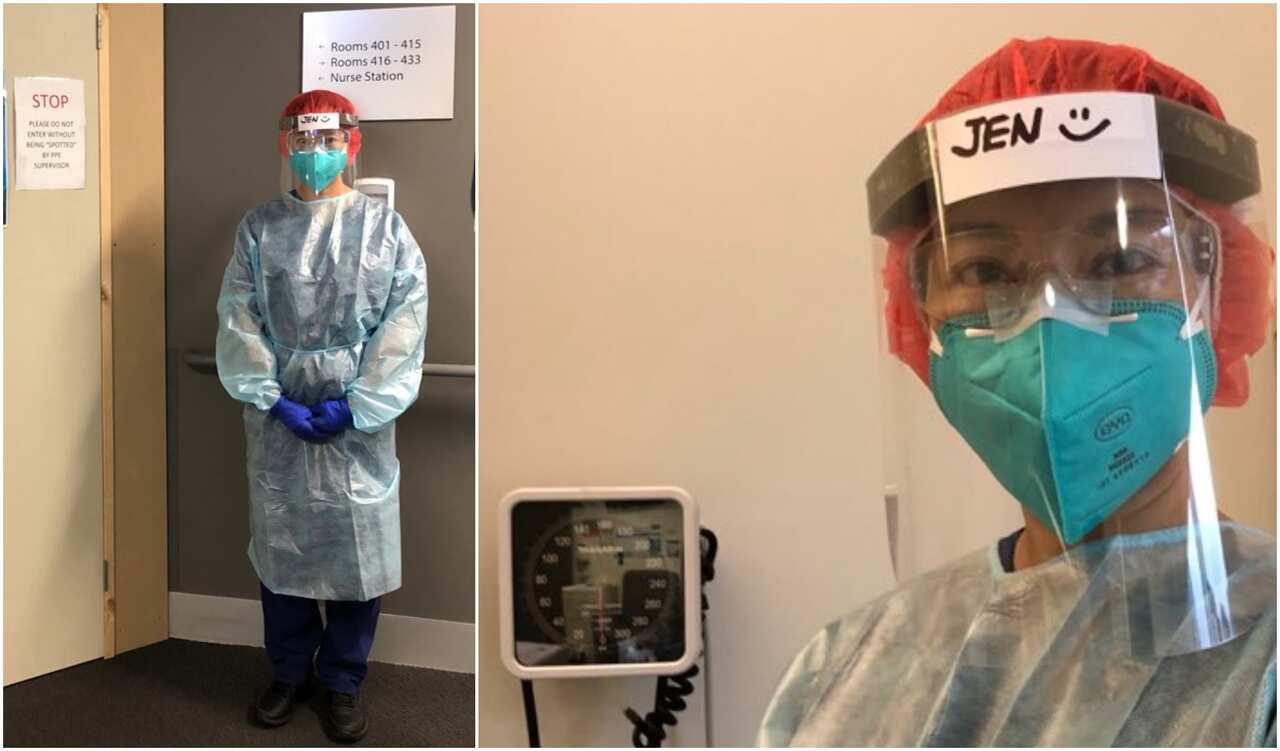
"We also wear double PPEs because we have to remove each layer with each patient that we visit."
Emotionally at mentally challenging din para kay Jen at sa kanyang mga katrabaho ang bawat bisita nila sa ga pasyente.
"Transitioning our patients has been challenging. Most of them are confused or suffer from dementia, so the unfamiliarity agitates them. Some of them wander around and go to other people's rooms. Some become aggressive."

Upang mas matulungan sila sa transition, sinisiguro nina Jen na pare-pareho ang mga inaalagaan nila, na maglagay ng mga litrato ng mga pamilya ng mga pasyente sa kanilang mga kwarto at na tulungan silang makipag-video chat sa kanilang mga mahal sa buhay.
"It's difficult to see what our patients go through - like last week, we had a patient who was very close to her family. She passed away without her family around because of the hospital's COVID protocol. They weren't there to hold her hand when she took her last breath."
At kahit minsan mukhang stable na ang kondisyon ng mga pasyente, minsa'y mabilis pa rin ang deterioration ng mga ito.
.
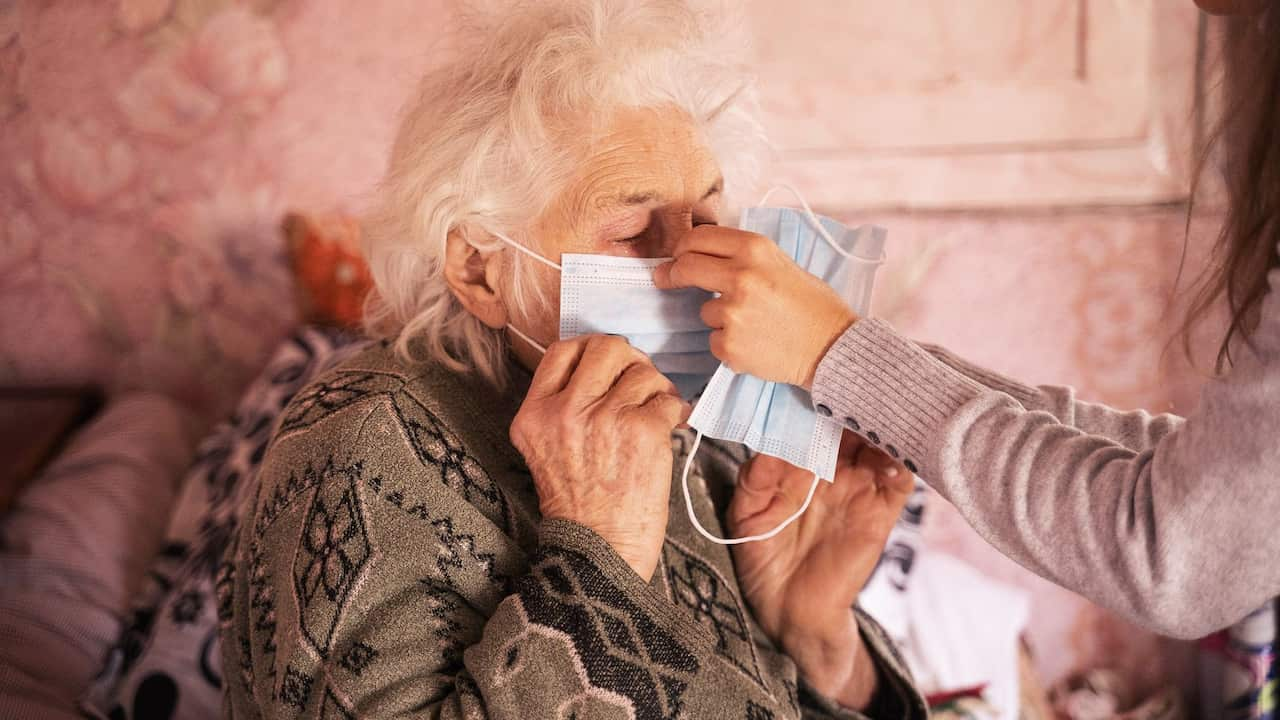
"We're asked to take two days off at times. There was one time I came back and a patient who had been chirpy and talkative before my break, took a turn for the worse and passed."
"You get to know them and when they pass, you feel like you lost a friend or a relative."
"We're doing what we can for them; but I want people who are skeptical to know that this virus really exists. I've seen what it can do."
BASAHIN / PAKINGGAN DIN







